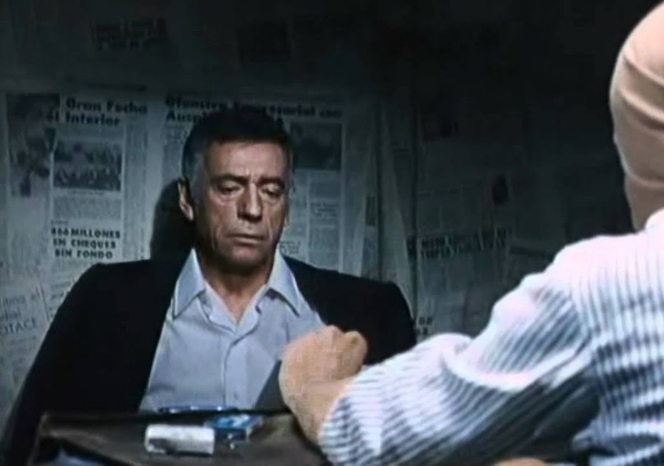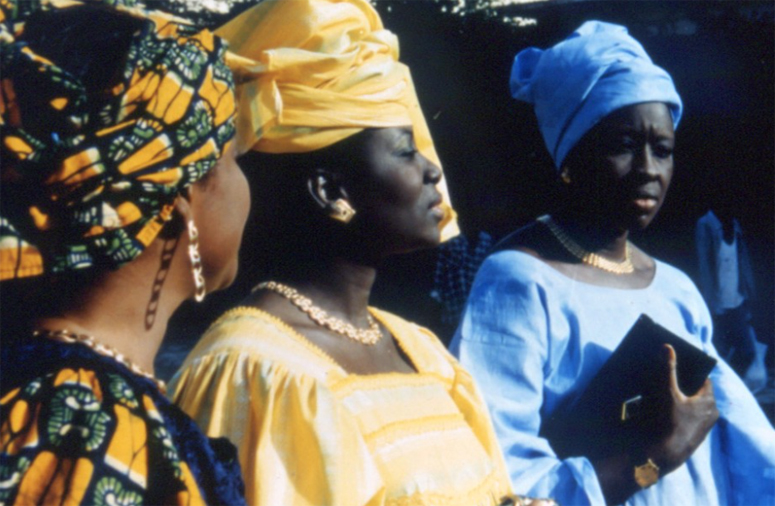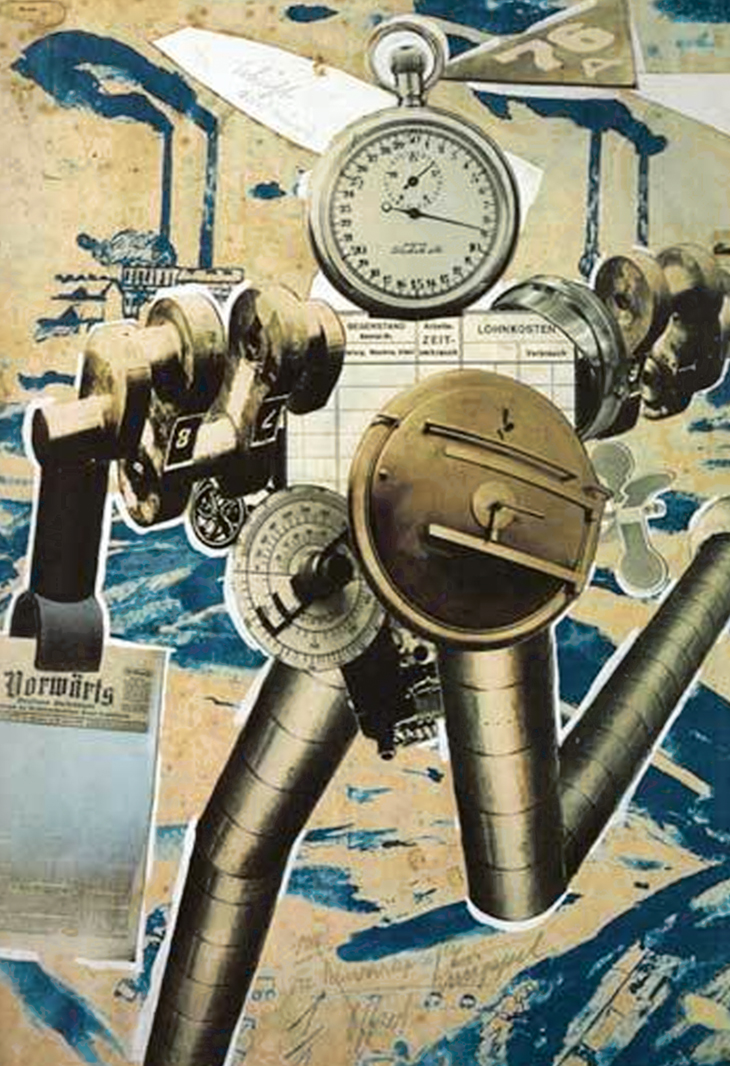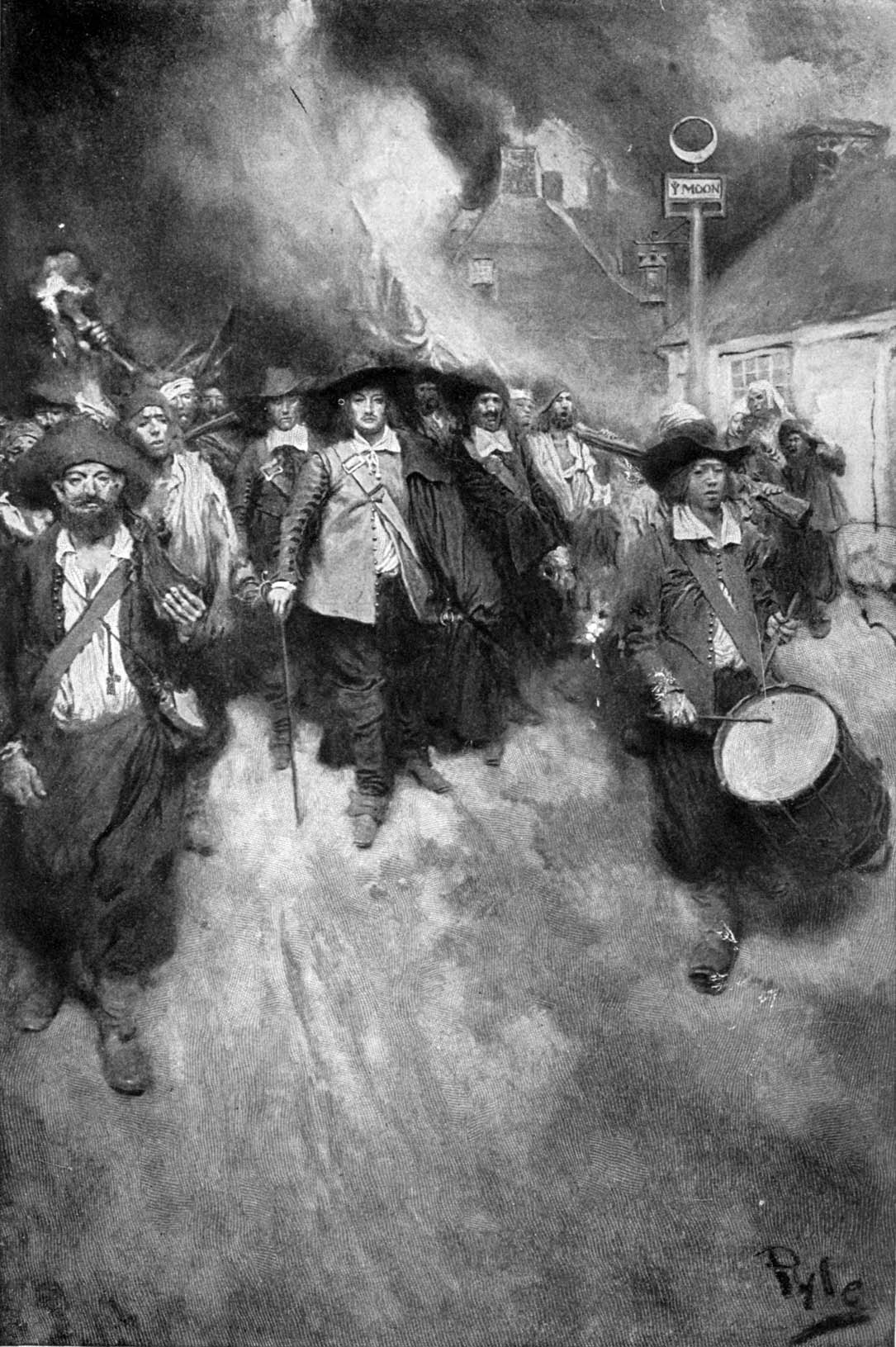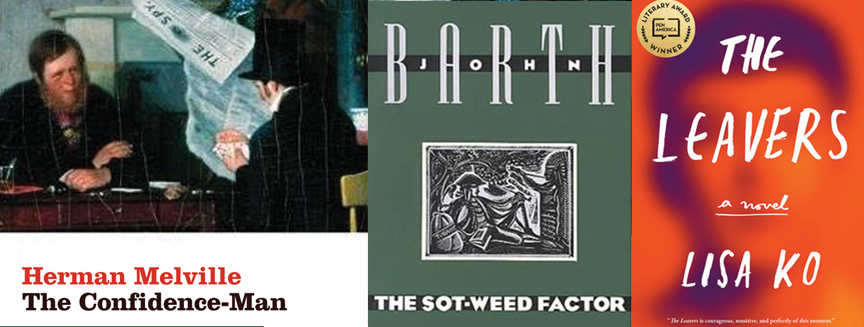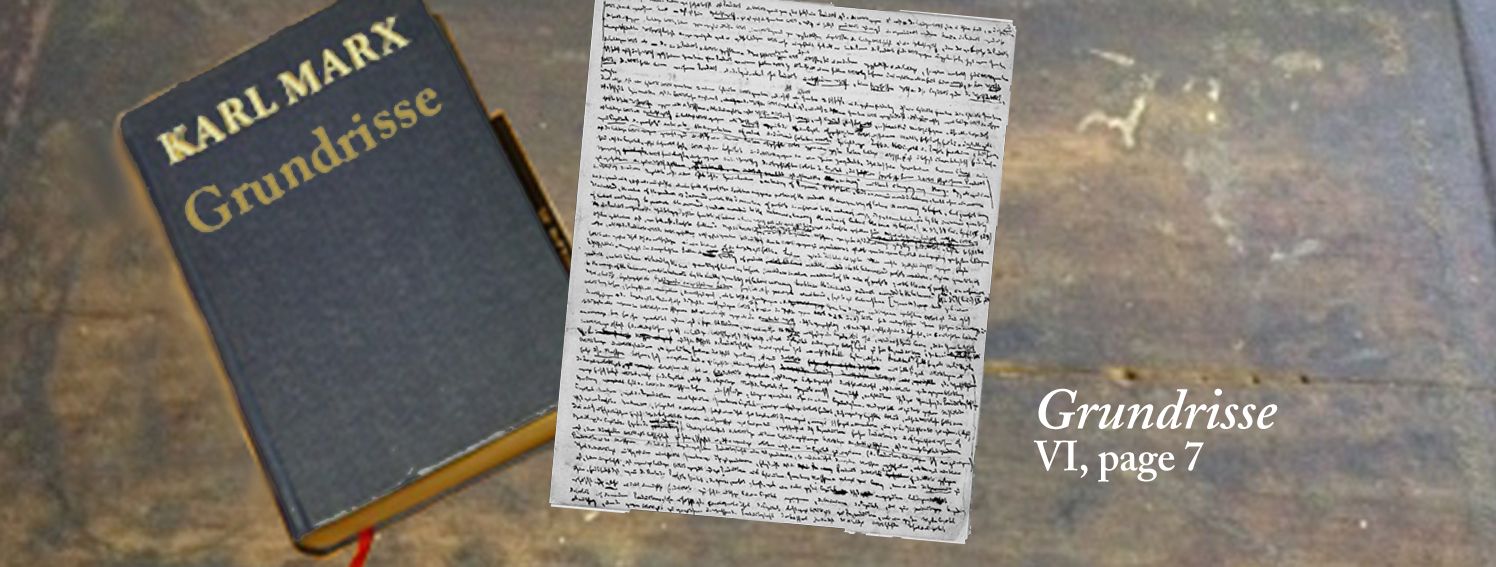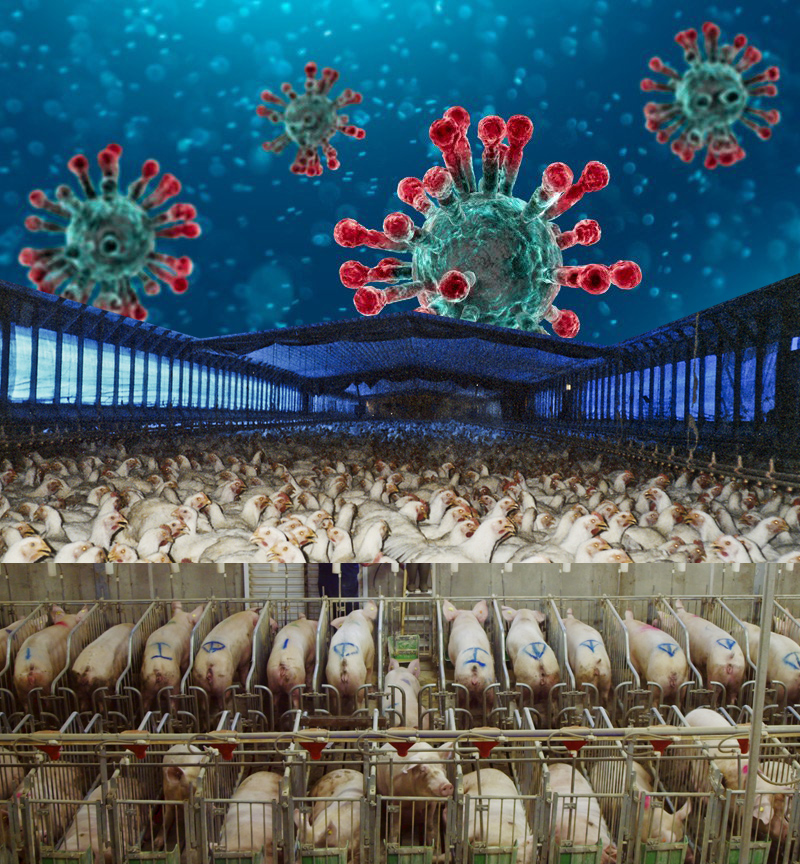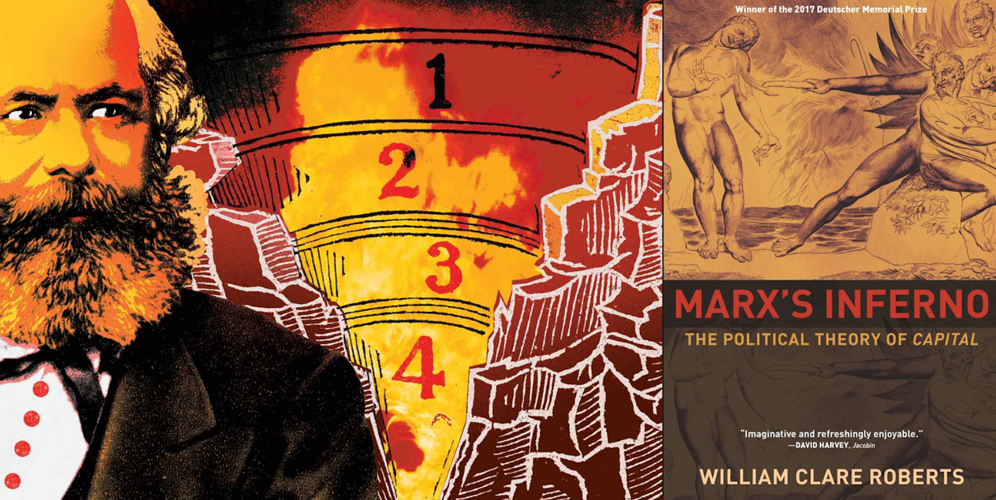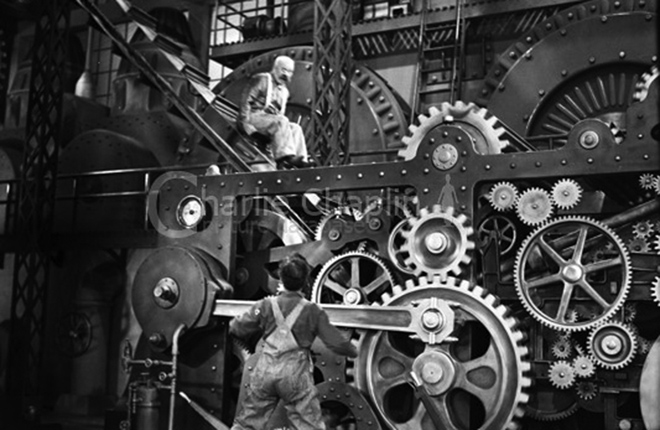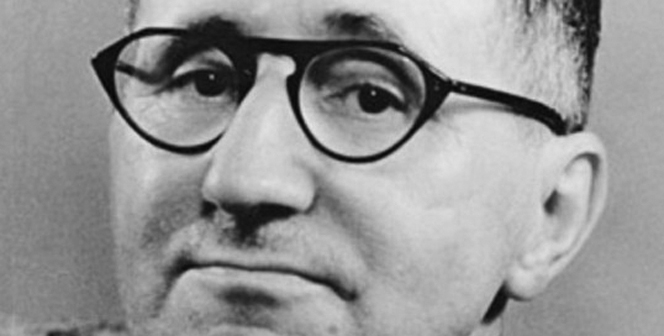Film and Discussion: State of Siege
State of Siege details the overt and covert practices of the Agency for International Development throughout the world, with a particular emphasis on events that took place in Montevideo, Uruguay in 1970.
Mandabi (The Money Order)
The People's Forum 320 West 37th Street, New York, NY, United StatesAn unemployed Senegalese man, Ibrahima Dieng, lives with his two wives and kids in Dakar. His nephew, Abdou, sends him a money order from Paris worth 25,000 francs, which he has saved from working as a street sweeper. Ibrahima is to keep some of the money for himself, save a portion for his nephew, and give a portion to his sister. However, Ibrahima faces numerous difficulties trying to obtain the money order. Not having an ID, Ibrahima must go through several levels of Senegalese bureaucracy trying to get one, then failing after spending money he doesn’t have.
The Orient: Foucault’s Achilles’ Heel
New Perspectives Theatre 456-458 West 37th Street, New York, NY, United StatesThis talk will explore the intellectual sources of Foucault’s anti-humanist approach to non-western cultures as it documents his personal disorientation and struggles in Tunisia, Iran and Japan.
Technology, Science and Capitalism
On-Line via Zoom You will receive Zoom link by email before the event., NYWhat is technology? Does technological change drive social change? Is technology independent of social relations? What are the consequences of “technological progress” under capitalism? What constraints does capitalism place on such progress?
Highlights of Marx’s Capital, Volume 1
While Capital consists of three volumes, a basic familiarity with the key concepts and sections of Volume I offers many tools for understanding the mode of production we live under.
Capital, Volume 3
The People's Forum 320 West 37th Street, New York, NY, United StatesVolume III integrates and completes the analysis of the process of capitalist production as a whole, enabling us to understand and make sense of how each of the appearances and processes we see occurring on the surface of society are related to the whole. When we do so all the laws of motion previously revealed in the first two volumes take on new dimensions. Internal dynamics and contradictions burst out and situate humanity withina historical process that calls us to figure out how to go beyond capital and develop the conditions that insure that the development of each is the precondition for the development of all.
Invention of the White Race
The People's Forum 320 West 37th Street, New York, NY, United StatesThe Invention of the White Race Volumes I & II, Theodore W. Allen's historical materialist analysis of racial slavery, documents how the plantation elite put in place this system of social control following Bacon's Rebellion of 1676. In the final stage of this uprising, an army of European and African chattel bond laborers burned Jamestown to the ground and temporarily drove Governor Berkeley into exile across the Chesapeake Bay.The terrified planter bourgeoisie, in a deliberate response to this display of labor solidarity, enacted a series of laws and practices in the late 17th and early 18th centuries which implanted a system of 'white' racial privileges that enabled the imposition of racial slavery and white male supremacy.
American Writing: Changing Locations
On-Line via Zoom You will receive Zoom link by email before the event., NYSeason 1: Changing Places in America
Herman Melville, The Confidence-Man (1857). John Barth, The Sot-Weed Factor (1960) Lisa Ko, The Leavers (2017)
In his 1970 essay “Philosophy and the Form of Fiction,” William Gass brought the term “metafiction” forward to the reading public as a way to characterize the work writers such as Borges, Barth, Flann O’Brien, as well as the type of novels Gass himself would write. He described metafiction as writing “in which the forms of fiction serve as the material upon which further forms can be imposed”. Does metafiction provide escape for the committed writer from the bourgeois strictures that the novel form imposes? As critical readers we need to check out all the angles. The metafiction form will over time become incorporated as yet another aspect of modern fiction as ultimately there is no way to over-ride what happens when ink is committed to paper, impulses to the interactive screen.
American fiction writers have lots to write about. We are introducing a four term look at writing by American authors who have novels appropriate to four themes important to critical thinkers of the broad American questions on nation, class, race and gender. Much of this fiction becomes part of what our unfolding reality is as a nation, group of nations, as aspiring internationalists. Many of the fictional works we will read are not as formally postmodern or would formally fall in the metafiction category as delineated by Barth.
Unearthing The Grundrisse (continuation)
On-Line via Zoom You will receive Zoom link by email before the event., NYAfter the defeat of the 1848-50 revolutions in Europe, Marx acknowledged that he failed to provide an adequate analysis of the economic foundation of society and turned from a focus on organizing to an intense, life-long study of political economy. Catalyzed by the first global economic crisis in 1857 and after 10 years of concentrated study, he started the first of seven notebooks to self-clarify his work up to that point. Not published or available outside the USSR until 1953, Martin Nicolaus provided the first—and only —English translation of all seven notebooks in 1973 as the Grundrisse: Foundations of the Critique of Political Economy.
Capitalism and Robbery: The Planetary Mine
On-Line via Zoom You will receive Zoom link by email before the event., NYWe will consider how capitalism is rooted in robbery—of the earth, of the water, air, and soil of communities, of the livelihoods of working people. Such theft is becoming more massive in scale and more technologically sophisticated, but is also evoking new forms of popular resistance.
Covid-19 Capitalism: Big Farms Make Big Flu
Online: Zoom link will be provided to registered participantsRob Wallace’s book is an indispensable handbook to the inevitable pandemics stemming from agribusiness. Monthly Review is making it available at a big discount until April 17. We at the MEP are hosting an online reading and discussion group to share the comprehensive research and writing that is contained in Wallace’s book. We will cover all seven sections, plus the two-part update being published in Monthly Review’s next two issues.
Socialism or Barbarism? (and Existential Despair)
New Perspectives Theatre 456-458 West 37th Street, New York, NY, United StatesThe four panelists will address the existential moment we are all navigating in the face of the multiple crises facing us in the light of the multiple tipping points that threaten existence yet are necessary to further accumulate capital. Following presentations from the four panelists, the audience is invited to enlarge the discussion with their own questions and comments.
Descent Into the Inferno: The Politics of Marx’s Capital
Online: Zoom link will be provided to registered participantsMarx’s Inferno, by William Clare Roberts, reconstructs the major arguments of volume I of Karl Marx’s Capital and inaugurates a completely new reading. His argument is that Capital was primarily a careful engagement with the motives and aims of the workers’ movement of the mid-19th century. Understood in this light, Capital emerges as a profound work of political theory. For Roberts, Capital was ingeniously modeled on Dante’s Inferno, with Marx in the role of the proletariat's Virgil guiding us down to the secret depths of capitalism’s “social Hell.”
Final Friday Films: Modern Times
The People's Forum 320 West 37th Street, New York, NY, United StatesBringing back The Tramp to the era of sound in 1936, Chaplin plays an assembly line worker where he is subjected to being force-fed by a malfunctioning "feeding machine" (cutting the vital minutes of lunch) and an accelerating assembly line where he screws nuts at an ever-increasing rate onto pieces of machinery.
6 Plays of Bertolt Brecht
Online: Zoom link will be provided to registered participantsBeginning April 23 we will read aloud six of the many plays Bertolt Brecht wrote between the 1920s and his death in 1956. The six plays are The Threepenny Opera, The Mother, The Exception and The Rule, Mother Courage and Her Children, The Good Person of Szechuan and The Resistable Rise of Arturo Ui. There will be time to read aloud—taking on various characters among ourselves. There will also be substantive discussion of these works which span all the decades of his writing. The Epic theater, musical theater along with the learning plays are represented in this selection of plays. Each session will be conducted via Zoom until we have an all-clear to return to the classroom. With your registration, the zoom password will be sent to you.

